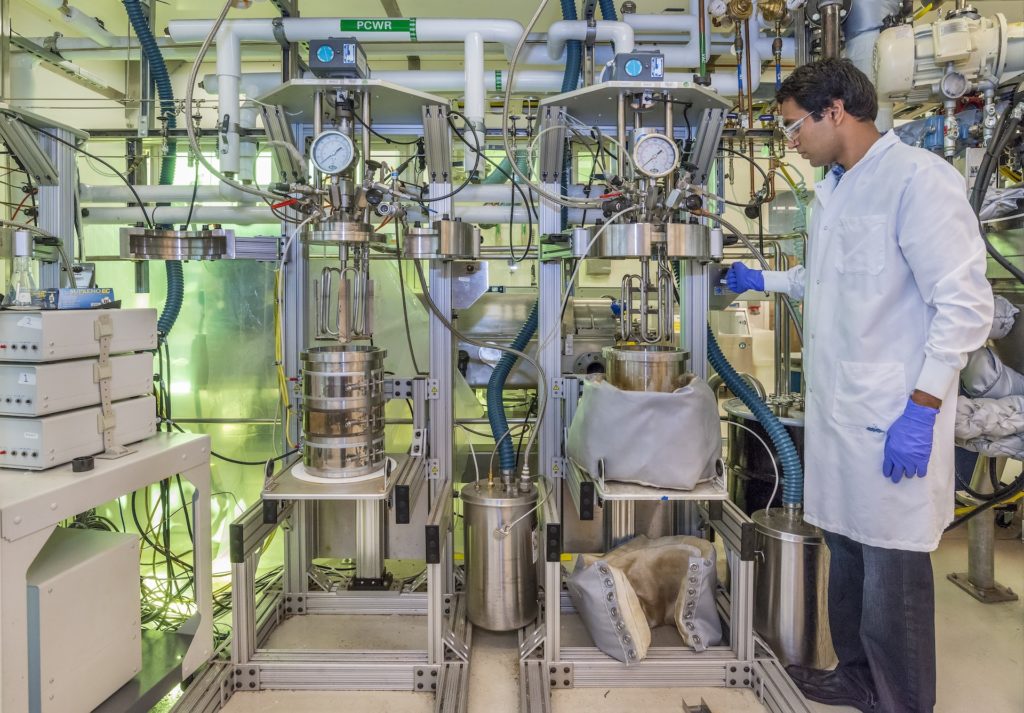Deconstruction & Catalysis
We help you optimize and scale up thermochemical processes, including feedstock pretreatment and hydrolysis, to achieve the most economical and sustainable outcomes possible.
Deconstruction: Breaking It Down
Deconstruction is a major step in biomass conversion and involves breaking down biomass to create fermentable sugars. These sugars can then be converted into biofuels, biochemicals, and other bioproducts.
Biomass is naturally resistant to chemical or biological deconstruction pathways. Overcoming this recalcitrance is essential for successful deconstruction and subsequent unit operations.

Pretreatment and saccharification are the two major processes in deconstruction. Pretreatment alters the physical and chemical characteristics of biomass, impacting later stages such as saccharification and fermentation. Saccharification converts sugars from polymeric to simpler monomeric or dimeric forms.
Our efforts extend beyond conventional feedstocks such as corn stover, switchgrass, sorghum, and woody biomass. We also investigate various waste streams such as organic waste and plastics.
Catalysis: General Thermochemical Reactions
We also handle other thermochemical processes, such as scaling up the synthesis of metal organic framework catalysts and the hydrolysis of waste corn oil.